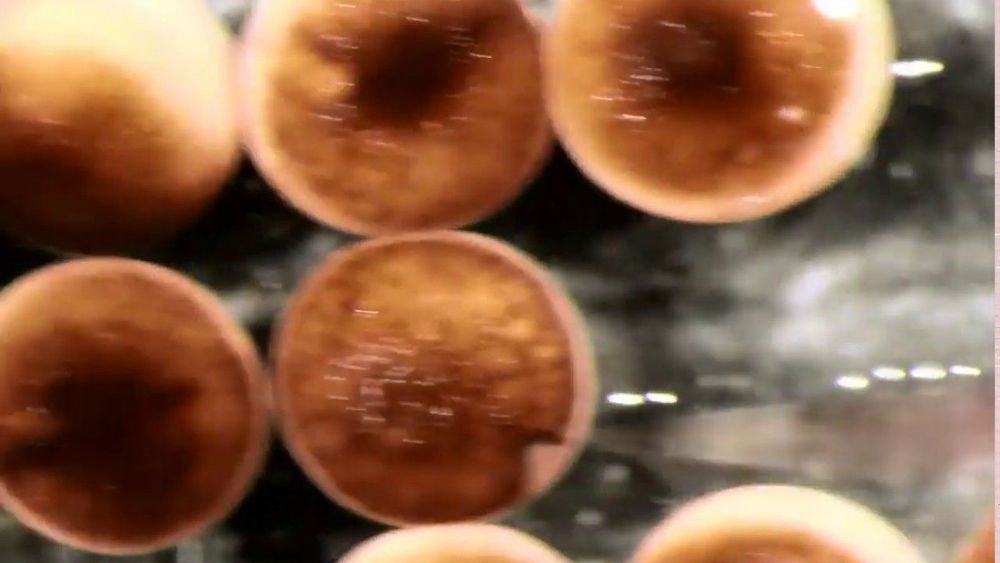Biological organisms have certain useful attributes that synthetic robots do not, such as the abilities to heal, adapt to new situations, and reproduce. Yet molding biological tissues into robots or tools has been exceptionally difficult to do: Experimental techniques, such as altering a genome to make a microbe perform a specific task, are hard to control and not scalable.
Now, a team of scientists at the University of Vermont and Tufts University in Massachusetts has used a supercomputer to design novel lifeforms with specific functions, then built those organisms out of frog cells.
The new, AI-designed biological bots crawl around a petri dish and heal themselves. Surprisingly, the biobots also spontaneously self-organize and clear their dish of small trash pellets.
